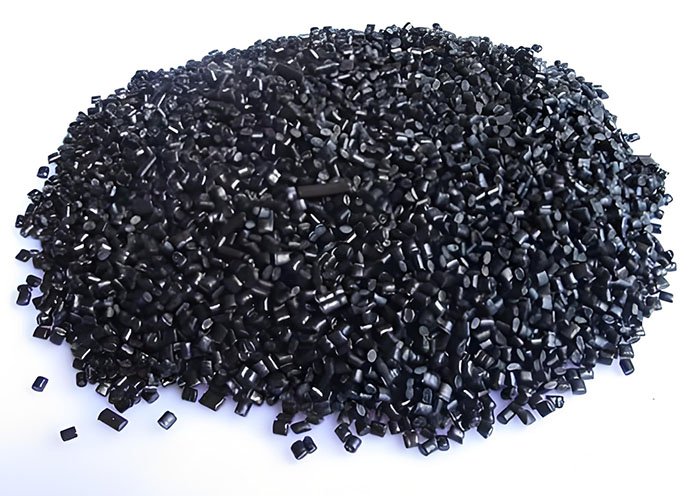The penetration of asphalt is an important indicator for measuring its hardness or consistency, as follows:
1.Definition
Penetration refers to the depth of a standard needle vertically inserted into an asphalt sample within 5 seconds under specified conditions, measured in 0.1 millimeters. For example, a needle penetration of 60 indicates a needle insertion of 6 millimeters.
2.Test method
Sample preparation: Heat the asphalt sample to a flowing state, pour it into a container, and cool it to the testing temperature (usually 25 ℃).
Test conditions: The total weight of the standard needle is 100 grams, the test temperature is 25 ℃, and the time is 5 seconds.
Measurement process: Release the needle and allow it to freely insert into the asphalt. Record the insertion depth after 5 seconds.
3.Influence factor
Temperature: The higher the temperature, the greater the penetration and the softer the asphalt.
Asphalt composition: The asphalt composition varies depending on the source and processing technology, which affects its hardness.
Aging degree: After aging, the asphalt becomes harder and the penetration degree decreases.
4.Application
Classification: Asphalt is classified into different grades based on penetration, such as 60-70, 80-100, etc.
Construction guidance: Penetration helps select suitable asphalt for different climates and traffic conditions.
Quality control: used for quality control in the production and use process.
5.Summary
Penetration is an important indicator for measuring the hardness of asphalt, which directly affects its performance. The testing method is simple, the results are intuitive, and it is widely used in engineering.


